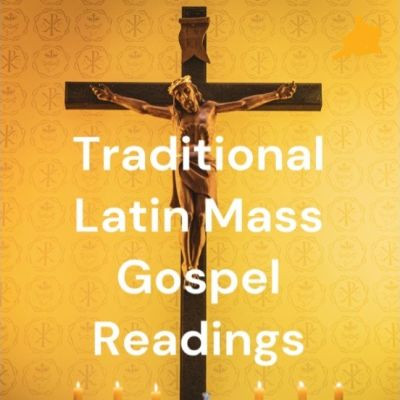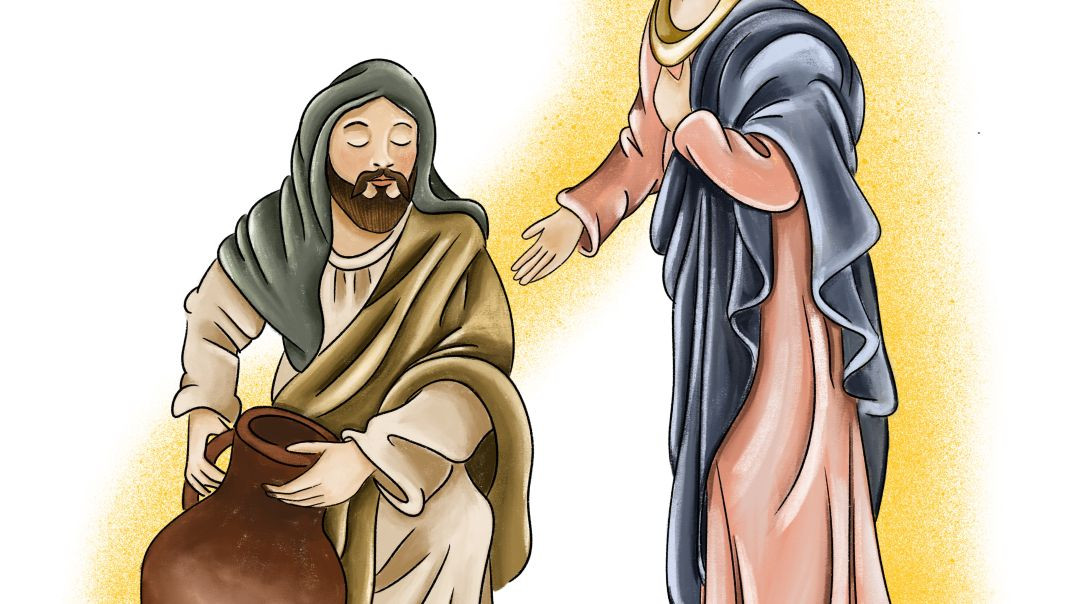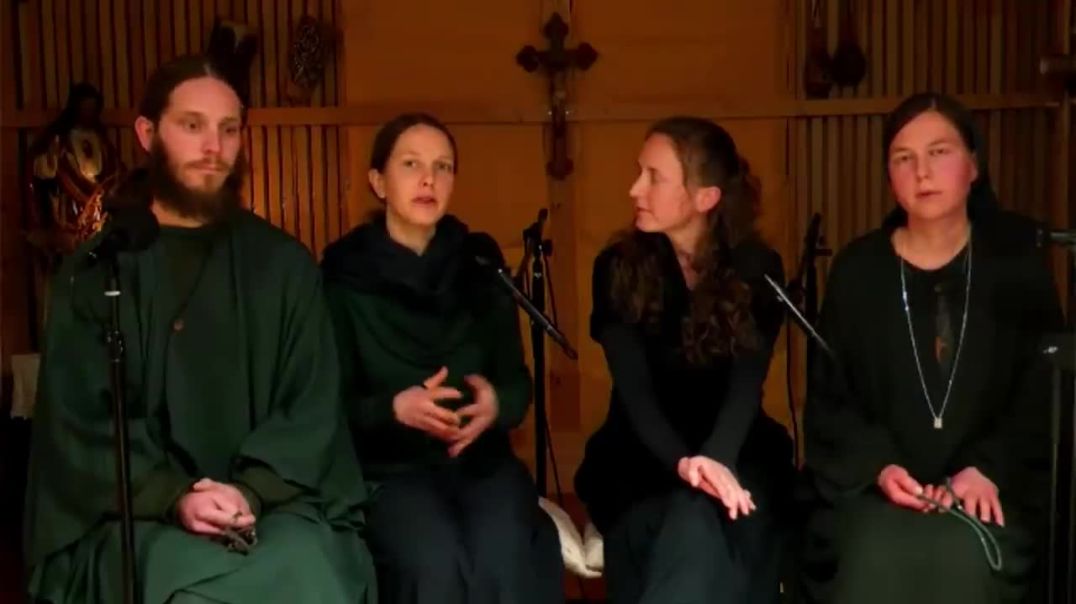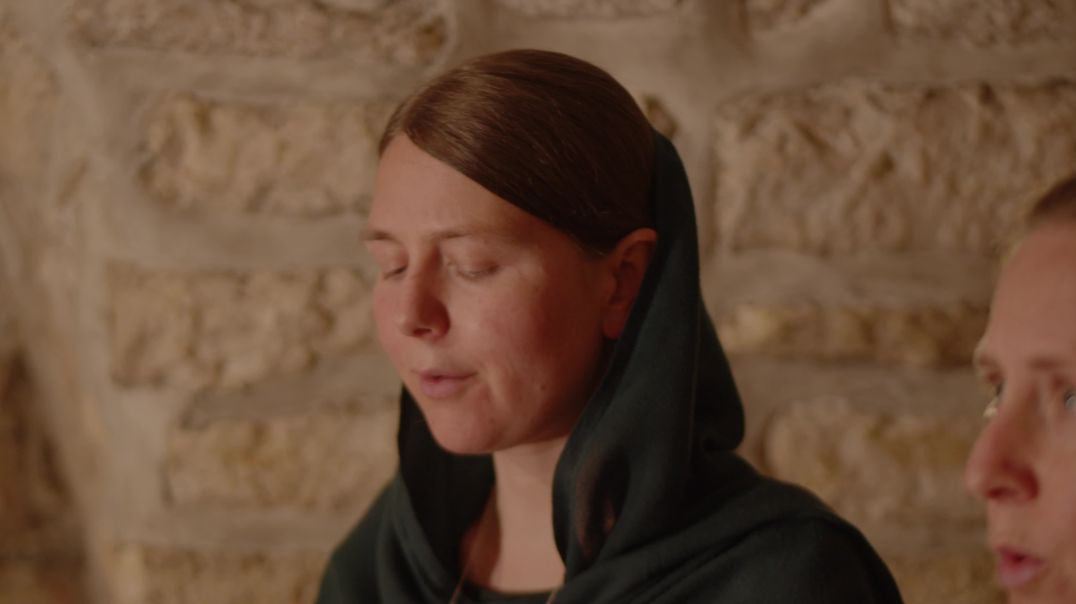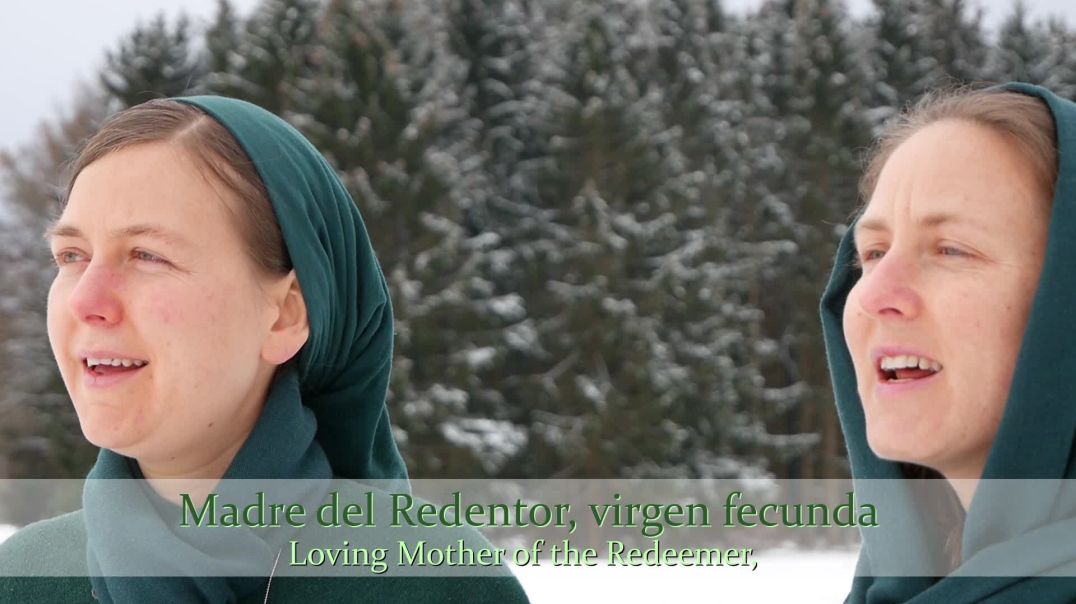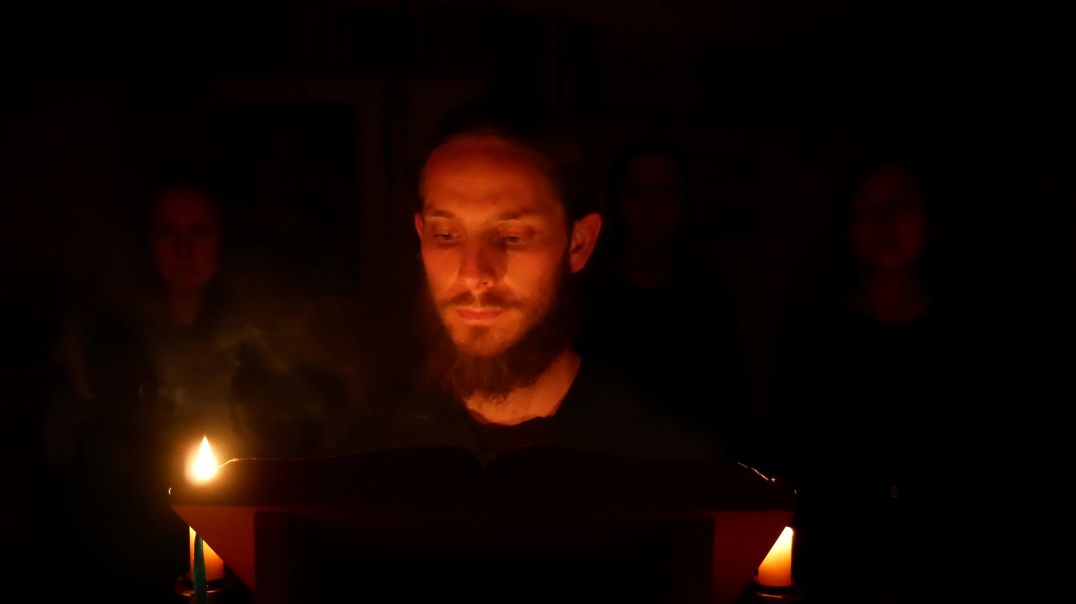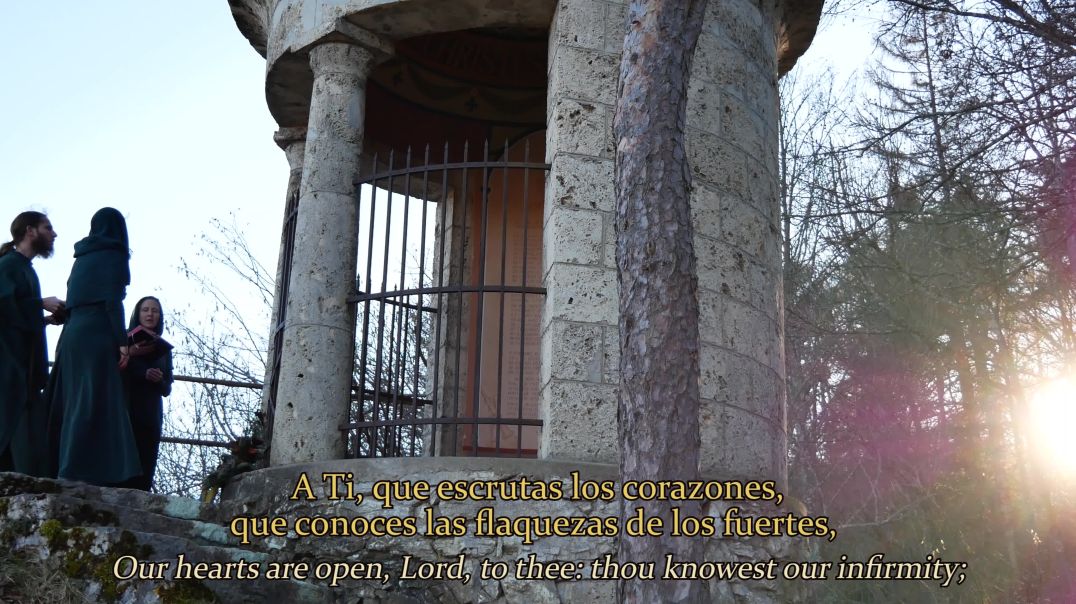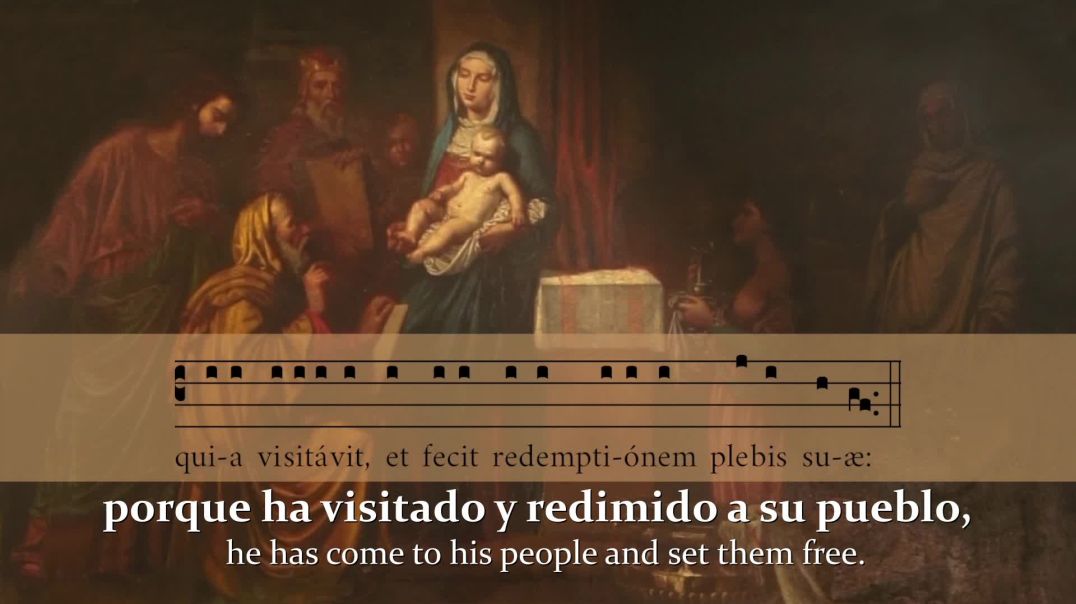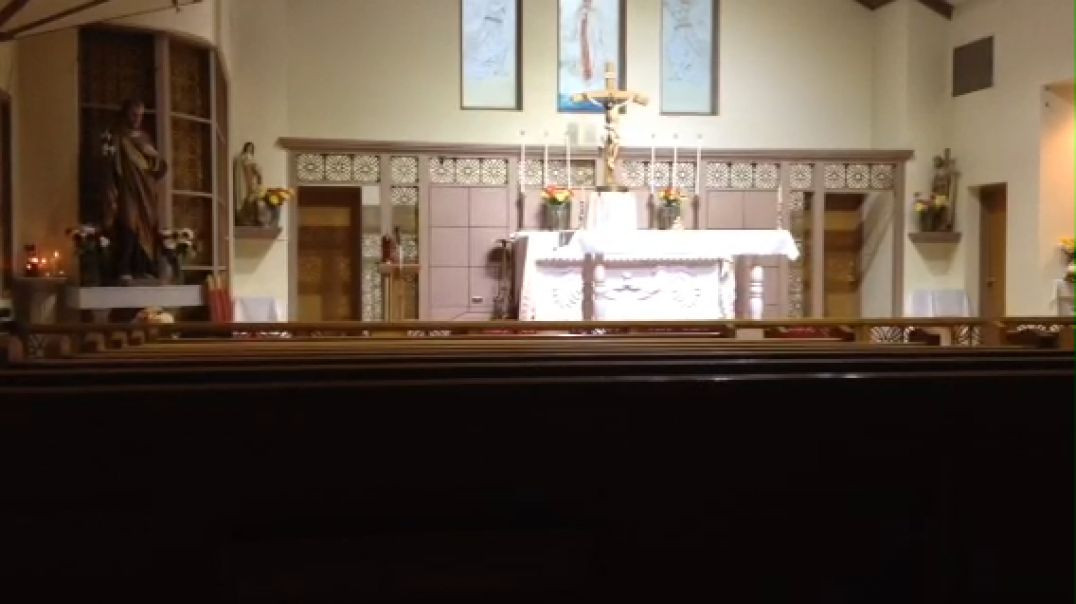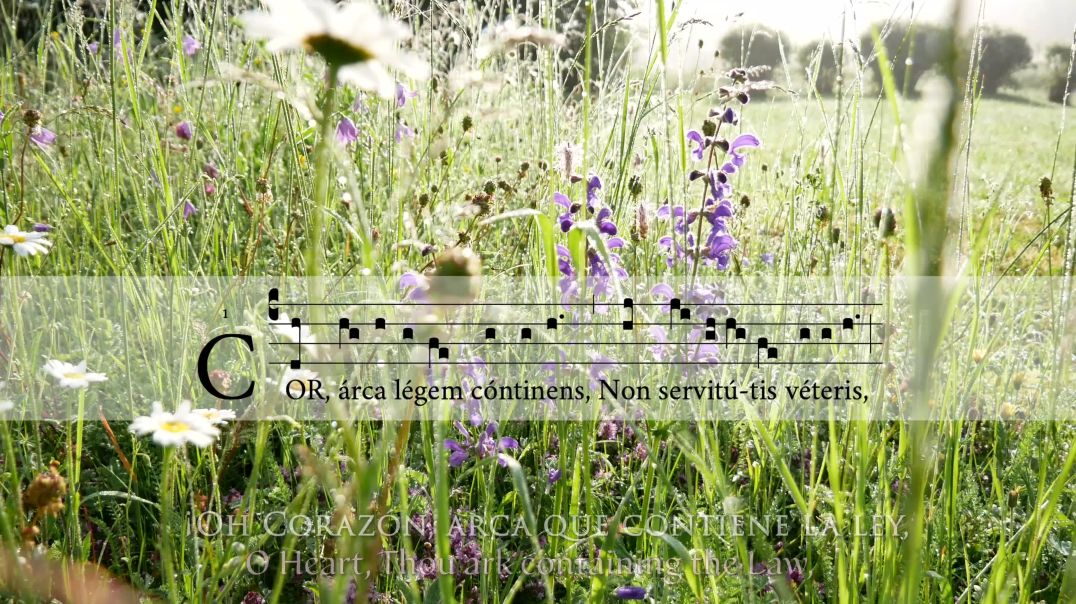Liked videos
Joe Rogan Puts Neil Young In a Triangle Choke ButNeilYOungWon't Tap Out Because That is Hate Speech
An acoustic duet in honor of Mary, the Mother of Jesus, featuring Fr. Maximilian M. Dean and Katie Linendoll.
Music, Lyrics, Bass, Drums, Guitars, Vocals: Fr. Maximilian M. Dean
Vocals: Katie Linendoll (IG & YT - @KatieLinendollMusic )
Pedal Steel Guitar: Reggie Duncan
Fiddle: Paul Tooley
Artwork: Sr. Eleanore Maria (IG - @sayronas)
Join me as I sit down for an interview with the members of Harpa Dei to discover more about their lives and their music (November, 2021). Ever since I discovered Harpa Dei in early 2021, I have been a huge fan! A few months after this interview, they asked me if I and my schola friends could assist them in their recording of the song of the prayer on the St Benedict medal. We have been very good friends ever since.
Harpa Dei: https://spiritustv.com/@HarpaDei
St Benedict medal prayer song: https://www.youtube.com/watch?v=KGiwGcmBv1Q
Gregorian Chant Academy downloadable chants: https://www.gregorianchantacademy.com
Online Chant Courses: https://www.gregorianchantacademy.com/courses
Donate (tax-deductible): https://www.floriani.org/donate (Floriani is now the parent of GCA)
The village of Nazareth was the place chosen by the Heavenly Father, in His love, for the announcement of the Archangel Gabriel to resound there, which would transform the whole of human history. The long-awaited Messiah would come to this world to redeem humanity. And the Virgin Mary was the one whom the Lord was pleased to look upon and who proved worthy of His choice: to be the Mother of the Son of God.
In this video filmed in Nazareth, Harpa Dei intones the Tractus (a chant sung before the Gospel during penitential seasons) for the Feast of the Archangel Gabriel, which, in the traditional calendar, is celebrated on 24 March, on the eve of the Solemnity of the Annunciation.
English translation:
Hail, Mary, full of grace,
the Lord is with thee
Blessed art thou among women
and blessed is the fruit of thy womb.
Behold, thou shalt conceive in thy womb,
and bring forth a son, and shalt call His name Emmanuel.
How, asked she, can this come about, since I have no knowledge of man?
And the angel answered and said unto her:
The Holy Ghost shall come upon thee and the power of the Most High shall overshadow thee.
Therefore the child to be born will be holy and will be called Son of God.
Text in Latin:
Ave Maria, gratia plena,
Dominus tecum;
benedicta tu in mulieribus,
et benedictus est fructus ventris tui.
Ecce concipies et paries filium,
et vocabis nomen eius Emmanuel
Quomodo, inquit, fiet istud,
quoniam virum non cognosco?
Et respondens Angelus dixit ei:
Spiritus Domini superveniet in te
et virtus Altissimi obumbrabit tibi.
The "Alma Redemptoris Mater" is one of the four Marian Antiphons sung at the end of the liturgy of the hours. Its author is believed to be Hermannus Contractus ("Herman the Lame"; 1013-1054). It is traditionally sung after the recitation of Compline from the first Sunday of Advent until the Feast of Candlemas or Feast of the Purification of the Virgin (2 February)
Alma Redemptoris Mater, quæ pervia cæli
Porta manes, et stella maris, succurre cadenti,
Surgere qui curat, populo: tu quæ genuisti,
Natura mirante, tuum sanctum Genitorem
Virgo prius prius ac posterius, Gabrielis ab ore
Sumens illud Ave, peccatorum miserere.
Loving Mother of the Redeemer,
who remains the accessible Gateway of Heaven,
and Star of the Sea,
Give aid to a falling people
that strives to rise;
O Thou who begot thy holy Creator,
while all nature marvelled,
Virgin before and after
receiving that "Ave" from the mouth of Gabriel,
have mercy on sinners.
www.harpadei.com
Soundcloud: https://soundcloud.com/user-749496596-312451560
Avinu shebashamayim,
yitkadesh shimkha,
Tavo malkhutkha, ye'aseh retsonkha
kevashamayim ken ba'arets.
Et lekhem khukenu ten lanu hayom,
uslakh lanu al khataeynu
kefi shesolkhim gam anakhnu
lakhotim lanu.
Ve al te vi enu lidey nisayon,
ki im khaltzenu min hara.
Amen.
With this Compline, the basic structure of which dates back to St. Benedict (6th century), we join the millennia-old tradition of the Divine Office of our Roman Catholic Church. We invite you to sing it with us and with the Church of all ages!
Download here all the texts:
https://acrobat.adobe.com/link..../review?uri=urn:aaid
This hymn is attributed to Pope St. Gregory the Great (540-604) and its use begins at that time. It is used at Vespers from the first Sunday of Lent until the Friday before Passion Sunday, both on Sundays and feast days.
AUDI, benigne Conditor,
nostras preces cum fletibus,
sacrata in abstinentia
fusas quadragenaria.
Scrutator alme cordium,
infirma tu scis virium;
ad te reversis exhibe
remissionis gratiam.
Multum quidem peccavimus,
sed parce confitentibus,
tuique laude nominis
confer medelam languidis.
Sic corpus extra conteri
dona per abstinentiam,
ieiunet ut mens sobria
a labe prorsus criminum.
Praesta, beata Trinitas,
concede, simplex Unitas,
ut fructuosa sint tuis
haec parcitatis munera. Amen.
________________________________________________________________________________
www.harpadei.com
Telegram: https://t.me/HarpaDei
Soundcloud: https://soundcloud.com/user-749496596-312451560
Sermons from the original Sensus Fidelium channel
The image we have taken as a background for the canticle of the Benedictus is found in the very place where this prayer was first pronounced: The Church of the Birth of St. John the Baptist in Ain Karem (Israel).
Download here the score with harmonizing tones:
https://shared-assets.adobe.co....m/link/b15a830c-b97a
Sermons from the original Sensus Fidelium channel
Hymn of St. Bonaventure (13th century) to the Sacred Heart of Jesus:
O Heart, Thou ark containing the Law,
not of the old servitude,
but of grace, and indulgence,
and also of mercy.
O Heart, Thou spotless sanctuary of the new covenant,
Thou Temple, holier than the ancient one,
And Veil, more profitable
than that torn of old.
Charity willed Thee to be wounded;
by the spear thrust opened,
that we might venerate
the wounds of an invisible love.
Under this symbol of love,
having suffered bloody and mystical torments,
Christ the Priest offered
each in sacrifice.
Who would not love in turn
the One so loving him?
Who, being thus redeemed, would not love,
and choose eternal dwellings in this Heart?
O Jesus, to Thee be glory,
Who pourest grace from Thy heart,
with the Father and the loving Spirit
unto everlasting ages. Amen.
________________________________________________________________________________
www.harpadei.com

